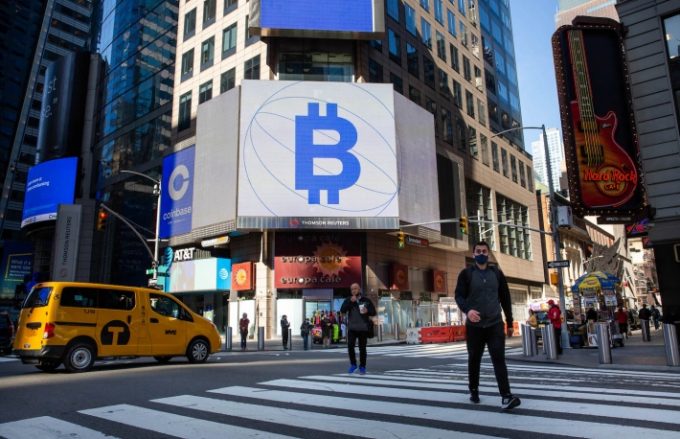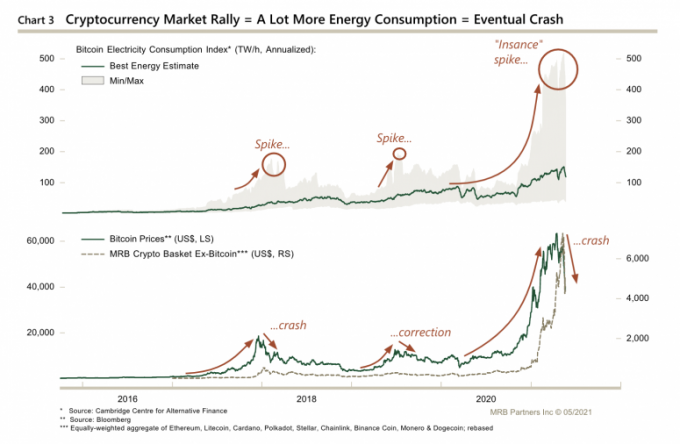Bitcoiners in the U.S. might dread talking to their relatives about the crypto market on Thanksgiving. Instead of discussing price volatility, they may consider sharing insights from Lebanese users about what they’re thankful for this week.
In the face of strict banking limitations and a dollar shortage that have sparked widespread layoffs and protests in the Middle Eastern country, bitcoin is helping some Lebanese get by. Emphasis on the word helping. Because in times of civil unrest, traditional social ties can be just as important as technology.
Amid an economic crisis, the Association of Banks in Lebanon has set a temporary $1,000 cap on weekly withdrawals from U.S. dollar accounts at commercial banks, Reuters reported earlier this month. A bitcoin trader in Beirut said his bank set an even lower a $150 monthly limit for “international spending.” Chatter in Lebanese WhatsApp groups indicates many civilians are struggling to access their bank accounts storing any currency.
Such restrictions create widespread ripple effects, since many Lebanese businesses manage imports with dollars rather than the inflationary lira.
“We are slowly running out of imported items and goods,” said the Beirut trader, who, like others interviewed for this article, spoke on condition of anonymity for his personal safety.
“The local butcher didn’t buy meat today because he can’t increase [lira] prices, so he’d rather not get any,” he said, sending photos of nearly empty supermarket shelves.
In that context, remittances are a lifeline, including those sent in crypto.
“I believe bitcoin is helpful, especially for expats looking to send money to help family in Lebanon. I’ve actually been getting a few calls about that today,” another bitcoiner in Beirut said, noting he helped up to 35 families do so this month, with each transaction worth more than $10,000 in bitcoin.
That represents roughly a 20 percent increase from his usual volume. Unlike other traders, this bitcoiner doesn’t accept fiat or local payments for his services – in part, he said, because his Lebanese credit card has been limited to $200 of spending a day. So he charges a small premium in bitcoin and has a network of people who distribute dollars to families in return. Most businesses remain operational, thanks to a creative ways to ensure the circulation of money, he said.
A third Lebanese bitcoin trader in Byblos said his customer base went from roughly 30 people a month, converting bitcoin remittances from abroad to dollars, to 200 people this past month.
He estimated up to $6,000 worth of bitcoin flowed into Lebanon through his deals alone, and he is one of four liquidity providers in Byblos. There’s also been an increase in customers seeking bitcoin to send abroad.
“It’s working. It’s sufficient,” he said. “It’s serving many businesses. They are sending money abroad to receive merchandise. One of my clients sent $100,000 (worth of bitcoin) to get his container from Saudi, he exports energy drinks.”
Family Ties
No one is claiming that bitcoin alone can “fix” Lebanon’s problems, popular Twitter memes notwithstanding. Rather, it’s a tool that can be used to bolster resources like family networks that have also made a difference.
“We are a family-oriented culture, so we support each other,” said the first Beirut trader. “I guess you could call it pooling. Anyone contributes as they can, but it’s obvious that people are on a budget and not spending on luxury or entertainment.”
More shopkeepers in Lebanon are keeping paper ledgers of credit for local families, several on-the-ground sources said. This was already an established custom in some cases, but it’s more common in times like these.
“A local supermarket will have a small book that will say, for example, ‘my family lives in this apartment and has been shopping there at the market for the past 10 years,’” said a fourth Lebanese trader, who is currently living abroad.
Meanwhile, his peer in Beirut said he feels the personal risks to bitcoiners are higher these days due to misinformation and political rivalries.
Hezbollah leader Hassan Nasrallah paints economic protesters as political groups “exploited by foreign powers,” which the Beirut-based bitcoiner said stokes animosity and increases violence within the community.
Since bitcoin is often associated with anti-government protests, by nature of its cypherpunk origins, this requires word-of-mouth education to show bitcoin is an apolitical asset, not a foreign get-rich-quick scheme, he said.
“I think if everyone took the time to educate their family and surrounding [community]…the world might be a better place,” the Beirut trader said. “Bitcoiners should help with [education], not saying that bitcoin will make your rich…but why it works and how it can work for us.”





